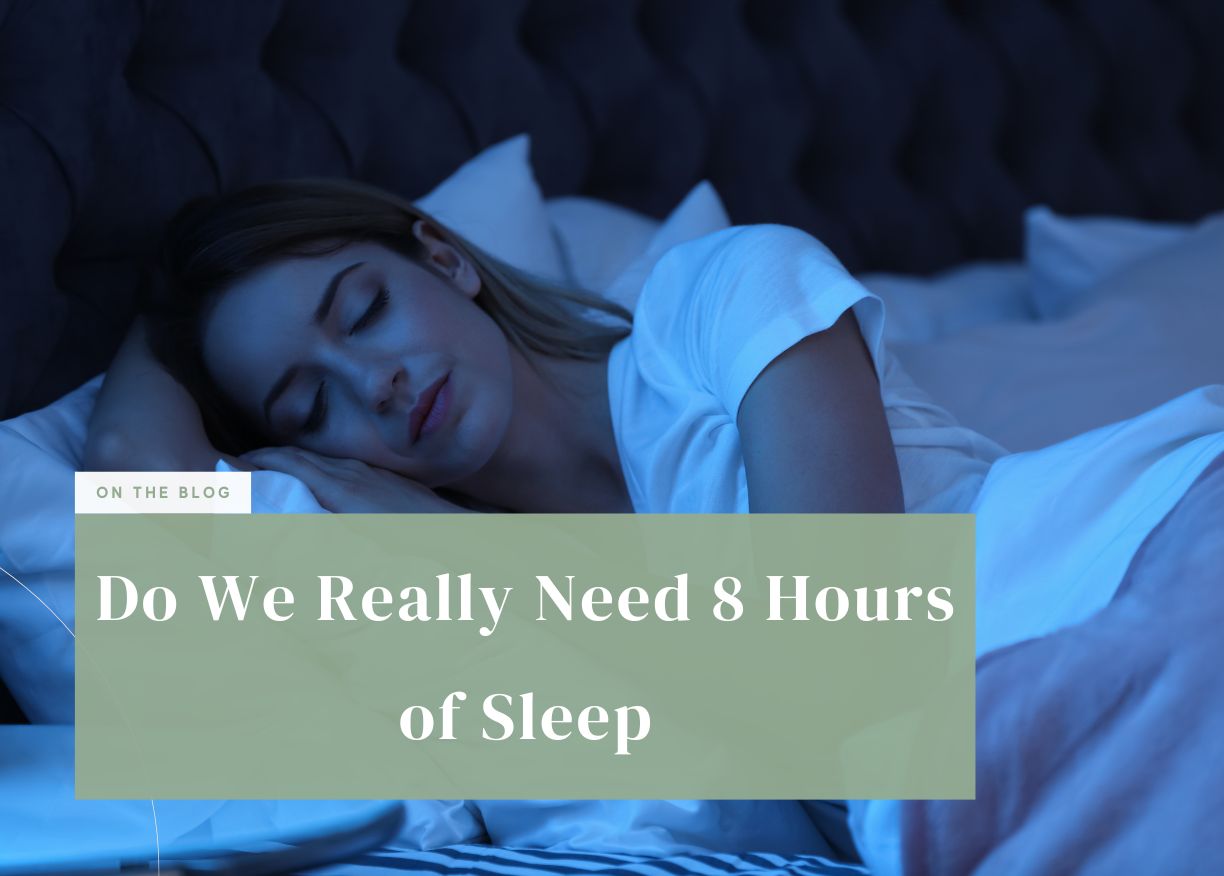Do We Really Need 8 Hours of Sleep?
The common belief that everyone needs eight hours of sleep per night has been widely accepted, but recent research suggests that this might not be the one-size-fits-all solution we’ve been led to believe. While sleep is undeniably crucial for health, the amount of sleep each person needs can vary based on age, lifestyle, and individual health needs.
Understanding Sleep Needs
Most health guidelines suggest that adults should aim for seven to nine hours of sleep per night, but this recommendation is not a rigid rule. Some people function perfectly well with six hours of sleep, while others might need up to ten hours. Factors such as genetics, overall health, and daily activity levels play a significant role in determining how much sleep an individual truly needs. Research has shown that people in non-industrial societies, such as hunter-gatherer communities, typically sleep less than eight hours a night and do not suffer from the chronic conditions often associated with sleep deprivation, like heart disease and obesity. These findings suggest that the optimal amount of sleep can be lower than eight hours for some people, without negative health effects.
Quality Over Quantity

What’s becoming increasingly clear is that the quality of sleep matters as much, if not more, than the quantity. Deep, restorative sleep is crucial for cognitive function, emotional well-being, and physical health. Poor sleep quality, even if you're in bed for eight hours, can lead to feelings of fatigue and a host of other health problems. For example, factors like stress, inconsistent sleep schedules, and sleep disorders can all affect how rested you feel, regardless of how long you sleep.
Therefore, focusing on improving sleep quality through good sleep hygiene practices, such as maintaining a consistent sleep schedule, creating a relaxing bedtime routine, and minimizing exposure to screens before bed, can be more beneficial than simply aiming to clock in eight hours (Innerbody).
The Role of a Good Mattress
One often overlooked factor in achieving quality sleep is the type of mattress you use. A supportive mattress can significantly enhance the quality of your sleep by ensuring that your body is properly aligned and reducing pressure points that can cause discomfort and interruptions in sleep.
The Honey Hybrid Organic Mattress by Sweet Zzz is a prime example of a mattress designed to improve sleep efficiency. This mattress combines natural latex and pocketed coils to offer a balance of support and comfort. The natural latex layer provides responsive support that adapts to your body’s contours, helping to keep your spine aligned throughout the night. Meanwhile, the pocketed coils reduce motion transfer, ensuring that you’re less likely to be disturbed by movement, which is essential for staying in the deep stages of sleep where true restoration occurs.
The Honey Hybrid’s use of organic materials, such as cotton and wool, also contributes to a healthier sleep environment by enhancing breathability and reducing exposure to allergens. This combination of features not only promotes better sleep quality but also makes your sleep more efficient—meaning you might not need a full eight hours to wake up feeling refreshed and energized (Sleep Pilot).
Final Thoughts
While eight hours of sleep might be the ideal for some, it’s not a universal requirement. Understanding your individual sleep needs and focusing on sleep quality can have a greater impact on your overall health and well-being. A good mattress, like the Honey Hybrid Organic Mattress, can play a crucial role in optimizing your sleep, allowing you to feel rested even if your sleep duration varies from the traditional eight-hour mark.




